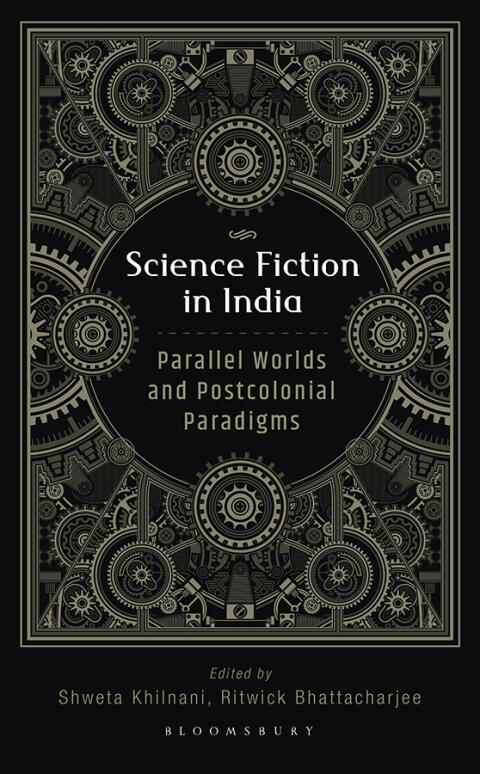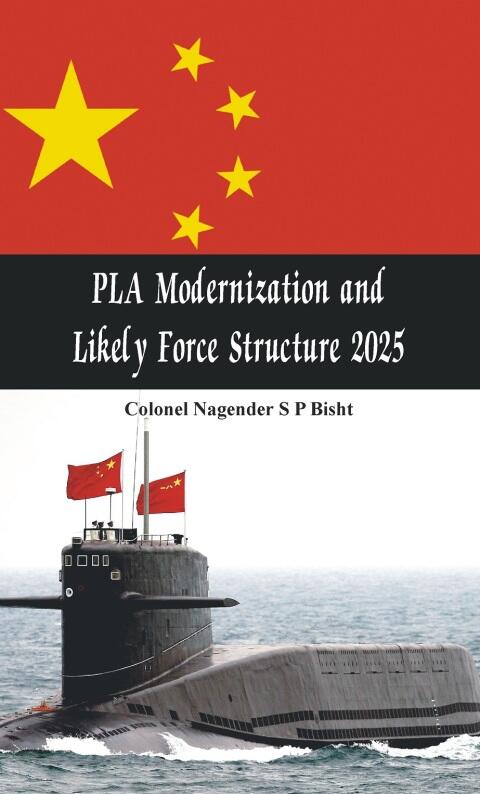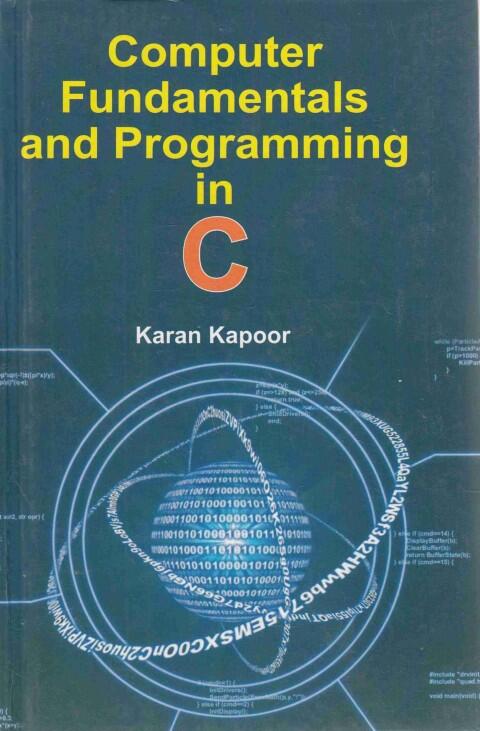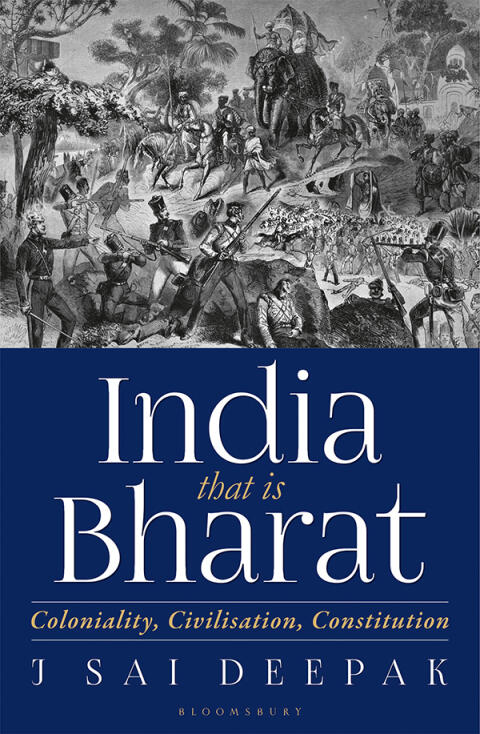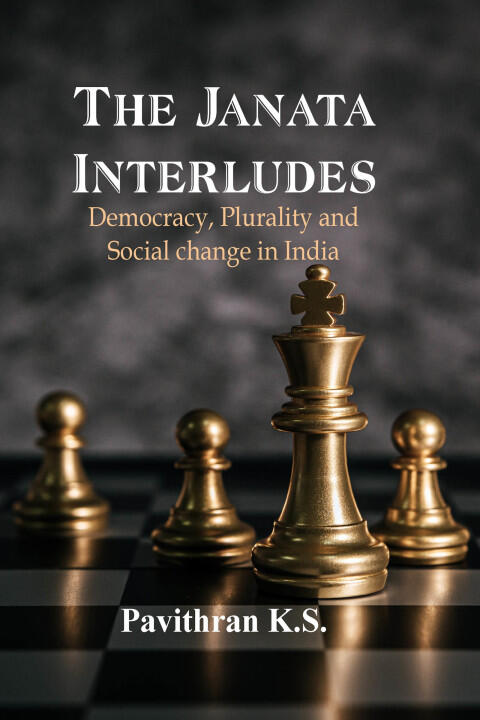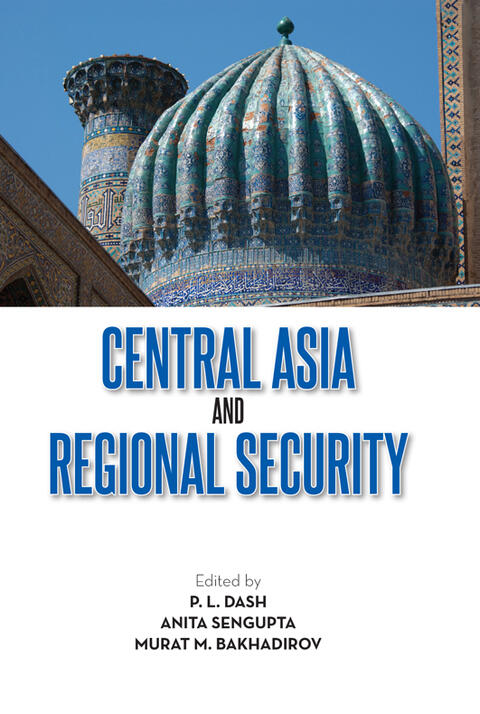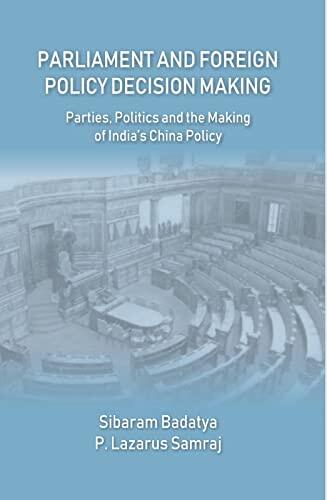
Parliament And Foreign Policy Decision Making
によって
Sibaram Badatya
,
P. Lazarus Samraj
まだ評価がありません
Science & Technology
形式
キンドル
ページ数
628
言語
ヒンディー語
公開されました
Jan 1, 2020
出版社
Kalpaz Publications
版
2
ISBN-10
9353248957
ISBN-13
9789353248956
説明
In the intricate landscape of Indian politics, the role of Parliament emerges as a foundational element in shaping the nation's foreign policy, particularly regarding its relationship with China. This exploration delves into the intricacies of decision-making processes within Parliament, emphasizing how political parties influence outcomes. The narrative captures the dynamics of collaboration and conflict among various political factions, illustrating how these interactions can affect broader diplomatic strategies and responses.
The authors painstakingly analyze the delicate balance of power that governs foreign policy formulation, spotlighting the nuances that dictate the effectiveness of parliamentary engagement. Their examination extends beyond mere procedural aspects to understand the motivations and implications behind the decisions taken, thereby shedding light on the often-overlooked intersections between domestic politics and international relations.
Through meticulous research and compelling arguments, the work invites readers to consider how a nation's internal political landscape profoundly impacts its stance on global issues, specifically in the context of the complex and evolving relationship between India and China. It is a thought-provoking read for those interested in political science, international relations, and the interplay of domestic and foreign policy.
The authors painstakingly analyze the delicate balance of power that governs foreign policy formulation, spotlighting the nuances that dictate the effectiveness of parliamentary engagement. Their examination extends beyond mere procedural aspects to understand the motivations and implications behind the decisions taken, thereby shedding light on the often-overlooked intersections between domestic politics and international relations.
Through meticulous research and compelling arguments, the work invites readers to consider how a nation's internal political landscape profoundly impacts its stance on global issues, specifically in the context of the complex and evolving relationship between India and China. It is a thought-provoking read for those interested in political science, international relations, and the interplay of domestic and foreign policy.

